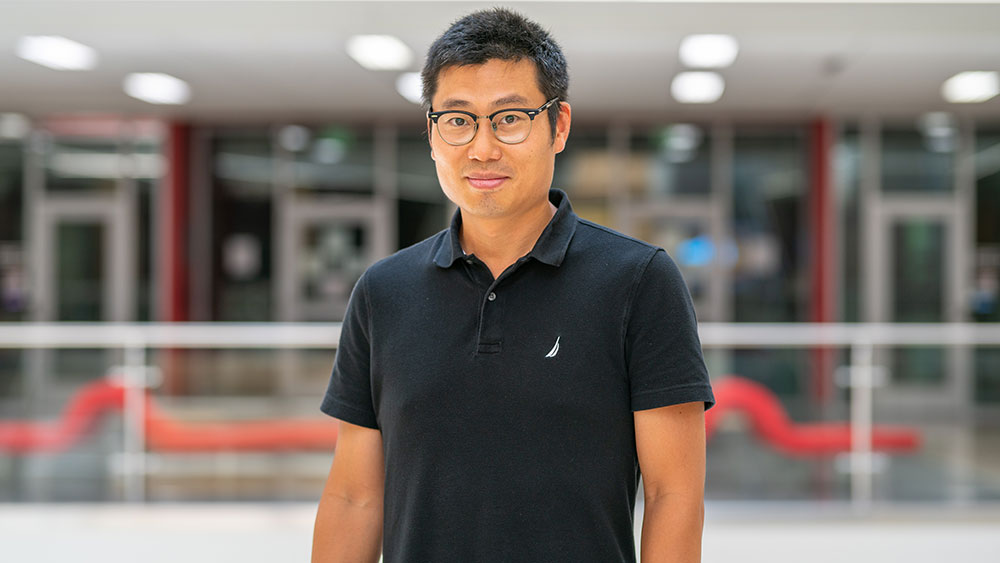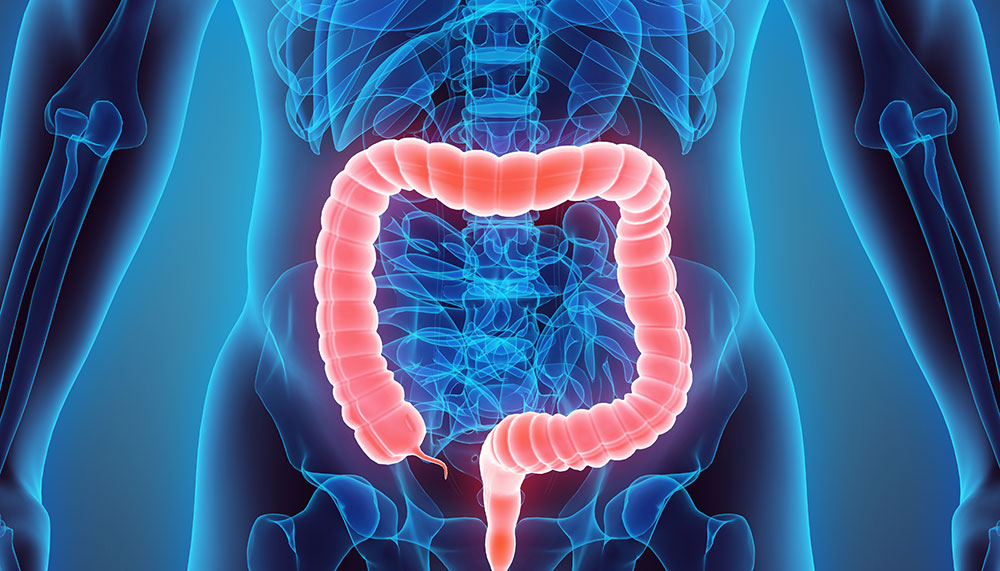
According to the National Spinal Cord Injury Statistical Center, approximately 18,000 new spinal cord injuries occur each year in the United States. Spinal cord injuries often lead to serious constipation or incontinence, which can lead to decreased quality of life and may even be life-threatening. After a spinal cord injury, 41% of patients rated bowel dysfunction as a severe life-limiting problem.
To address these challenges, Dr. Hangue Park, assistant professor in the Department of Electrical and Computer Engineering at Texas A&M University, is looking into the utilization of closed-loop electrical stimulation on the colon to promote the natural rhythm of the digestive system. This would ultimately negate the adverse effects caused by spinal cord injury and promote functional recovery.
“Although the effect of electrical stimulation on promoting effective colon movement has been previously investigated, no previous study has yet investigated the result of closed-loop electrical stimulation on promoting colon movement,” Park said.
Traditional open-loop electrical stimulation has been previously proven successful in triggering colonic peristalsis, which is the natural constriction and relaxation of the muscles in the digestive tract. However, Park is looking into closed-loop E-stim because of its unique offering to regulate stimulation. Closed-loop stimulation occurs at a strategic time that allows researchers to work with the colon at a specific time during the digestive process and is regulated, whereas open-loop stimulation occurs at random times and is not regulated, leading to inconsistent benefit. Closed-loop stimulation allows Park and his team to work with the intrinsic movement of the colon and augment the naturally occurring processes, just at a decreased rate due to the patient’s injury.
The motivation of this work is to offer spinal cord injury patients, as well as their caregivers, a higher quality of life.

“The motivation of this work is to offer spinal cord injury patients, as well as their caregivers, a higher quality of life,” Park said.
Park is a member of the Texas A&M Spinal Cord Initiative, which fosters collaborative research to discover new treatments that promote recovery after spinal cord injury.
This work, funded by the Craig H. Neilsen Foundation, provides significant insight into the analysis of neural manipulation of the colon and improved quality of life for those affected by spinal cord injury. It also shows great promise for largely impacting future research. Collaborators for this project include Dr. Cedric Geoffroy from the Texas A&M College of Medicine and Dr. Byung-Jun Yoon from the Texas A&M electrical and computer engineering department.